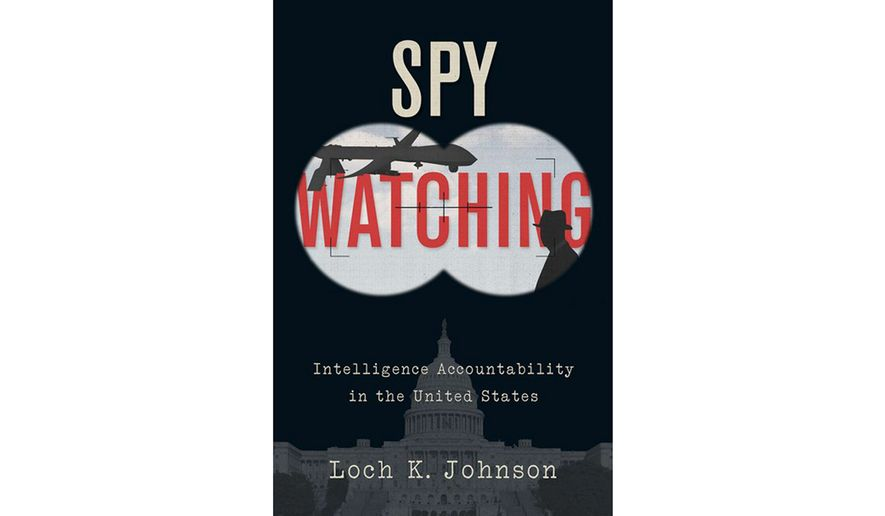by Shelby R. Steuart
SPIA researcher and professor, Dr. Loch K. Johnson, recently published a paradigmatic book documenting his groundbreaking research in intelligence studies over the past forty years. Spy Watching, Johnson’s monograph published by Oxford University Press, explores intelligence accountability through interviews, oral histories, and Johnson’s own decades-long elucidations of the inner workings of U.S. intelligence.
Johnson first became immersed in this topic in 1975, when he became an assistant to Senator Frank Church. This led to him gaining an inside perspective on the Church Committee, the Senatorial Committee created to define intelligence accountability after it was revealed that the CIA was spying on American citizens demonstrating against the Vietnam War and participating in the fight for Civil Rights.
Throughout Johnson’s career, he has grappled with the fundamental question of where secret intelligence agencies fit within a democracy. He reflects, “How do you have these secret agencies inside an open, democratic society? It’s a really interesting theoretical problem, because you need these agencies to help you protect your interests in the world, but as we learned from the New York Times reporting, they can turn against you as well. So how do you find that balance?”
In an attempt to answer this question as well as many more, his book focuses on the seventeen major spy agencies, what they do, and how intelligence was an exception to the Madisonian model of checks and balances. He mentions that “From 1787 and the Constitutional Convention up until the Church Committee, these agencies were outside of the framework of American government because they were considered very fragile or sensitive.” But also points out that we’ve reached a time where intelligence oversight is very important, so we need to make that fit within the current framework.
He explains, it’s extremely important that Congress and the media are able to hold intelligence agencies accountable. Johnson mentions, “If you look at many of the discoveries by Congress about malfeasance by the intelligence community, those discoveries sprang from investigative journalism,” concluding that you need strong Congressional oversight, strong executive oversight, and a strong independent press, in order to have good intelligence.
Johnson also has a recent article, “Profiles in Intelligence: An Interview with Professor Gregory F Treverton,” in the Intelligence and National Security Journal.






